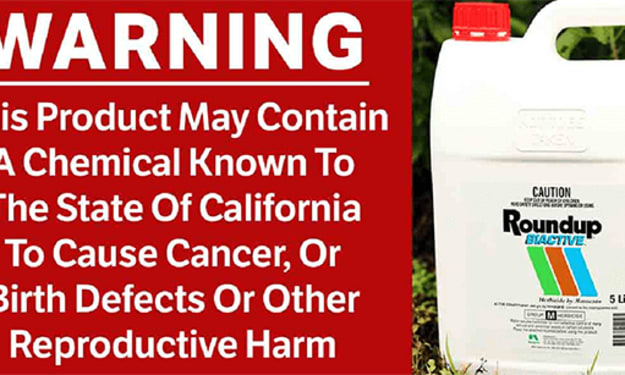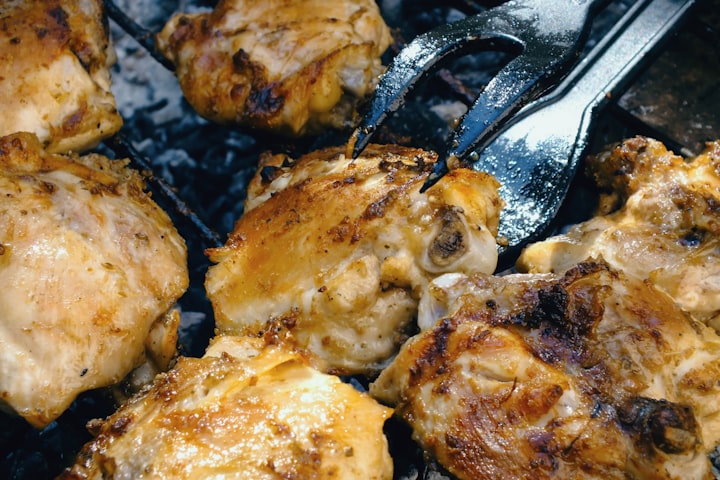
What most people who cook don't realize is how important the oil you use is. Chefs at most restaurants are pressured by "food cost" and the restaurant owners are in turn pressured by the precarious balancing act of "labor cost," "food cost," "utilities" and the myriad of other expenses associated with operating a restaurant. Even when cooking at home, a lot of recipes you find just say, "oil" or "vegetable oil."
I almost don't want to blame them, but I will. Buying the "most affordable" a.k.a. "cheapest" cooking oil is the best way to get those frozen fries out with a maximum profit. The Chef's whose salary depends on it is judged by how low he or she can keep the food cost down. "Profits," "Shareholder Value," "Market Share": these insanely mythical concepts are how we end up with Canola Oil.
For the uninitiated, Canola Oil, which stands for "Canada Oil," is a genetically modified seed oil originating from the Rapeseed plant. Although completely man-made, it is still considered a vegetable oil, and like the "Impossible Burger," can be considered "Vegan." No matter how much carbon it takes to produce these products, put a halo on it and it's "Vegan," but that's another story.
I wouldn't go out and buy stock in either product just yet. Every action has a reaction and every cost saving measure, usually has its associated costs that come later. First, let's talk about how we got here.
In the capitalistic quest for profit maximization, or maybe they were just bored in Canada, scientists decided to take the rapeseed plant, originally toxic to humans and make it non-toxic. Why? I still don't understand. (This just supports that age old statement, "Just because you can do something, doesn't mean you should.")
As if wasting time and energy studying how to make a toxic plant, non-toxic wasn't bad enough, scientists further genetically modified the plant to resist pesticides. Are you concerned yet? You should be. According to the US National Institute of Health, over 90% of Canola plants in the US are genetically modified.
To add insult to injury, most Canola Oil is chemically extracted, which strips the oil of any potential health benefits. That goes for all types of oil. Chemically processed oil is just as bad as it sounds. You take a seed from a plant and you add toxic chemicals to it to extract the oil. Why? Because it's "faster and cheaper." Then you remove the toxic chemical. Doesn't that sound great for your eggs in the morning? Removing the chemicals also removes the nutrients. So you get the fat and the grease, without any of the beneficial vitamins and nutrients contained in natural oil.
Why do I make such a big deal out of this? If you are ready to be scared to order anything fried again, Google the words "Canola Oil" and "Brain Damage" and have a cup of tea while reading, you'll need it. While we were busy watching America's Got Talent, restaurants and food manufacturers have been giving Americans brain damage on a daily basis. Every french fry or "freedom fry," every fried piece of chicken, every egg roll, everything with oil, especially at the "affordable" eateries, are killing Americans brain cells, one tasty bite at a time. "This is your brain, this is your brain on Canola Oil."
"Know what you're eating." And for those of us in the business, "Know what you're cooking with and know what you are feeding people." I don't want to get political, but I will. There's a reason why we can't seem to converse reasonably with a certain segments of the population, including our current President. McDonald's is his favorite restaurant. Put two and two together, if you still can. According to Statista, the US consumed 2.7 million metric tons of Canola Oil in 2018.
I recommend cooking at home as often as possible. Use Extra Virgin Olive Oil, Sesame Oil, Rice Bran Oil, Avocado Oil, Grapeseed Oil and look for the words "organic" or "cold-pressed." These oils will be more expensive, but aren't our brains worth it? When you go out to eat, stay away from chains. It doesn't matter how costly the eatery, whether it be a diner or a deli, get to know the people making the food you eat. "Buyer Beware" because it is indeed a jungle out there.






Comments
There are no comments for this story
Be the first to respond and start the conversation.